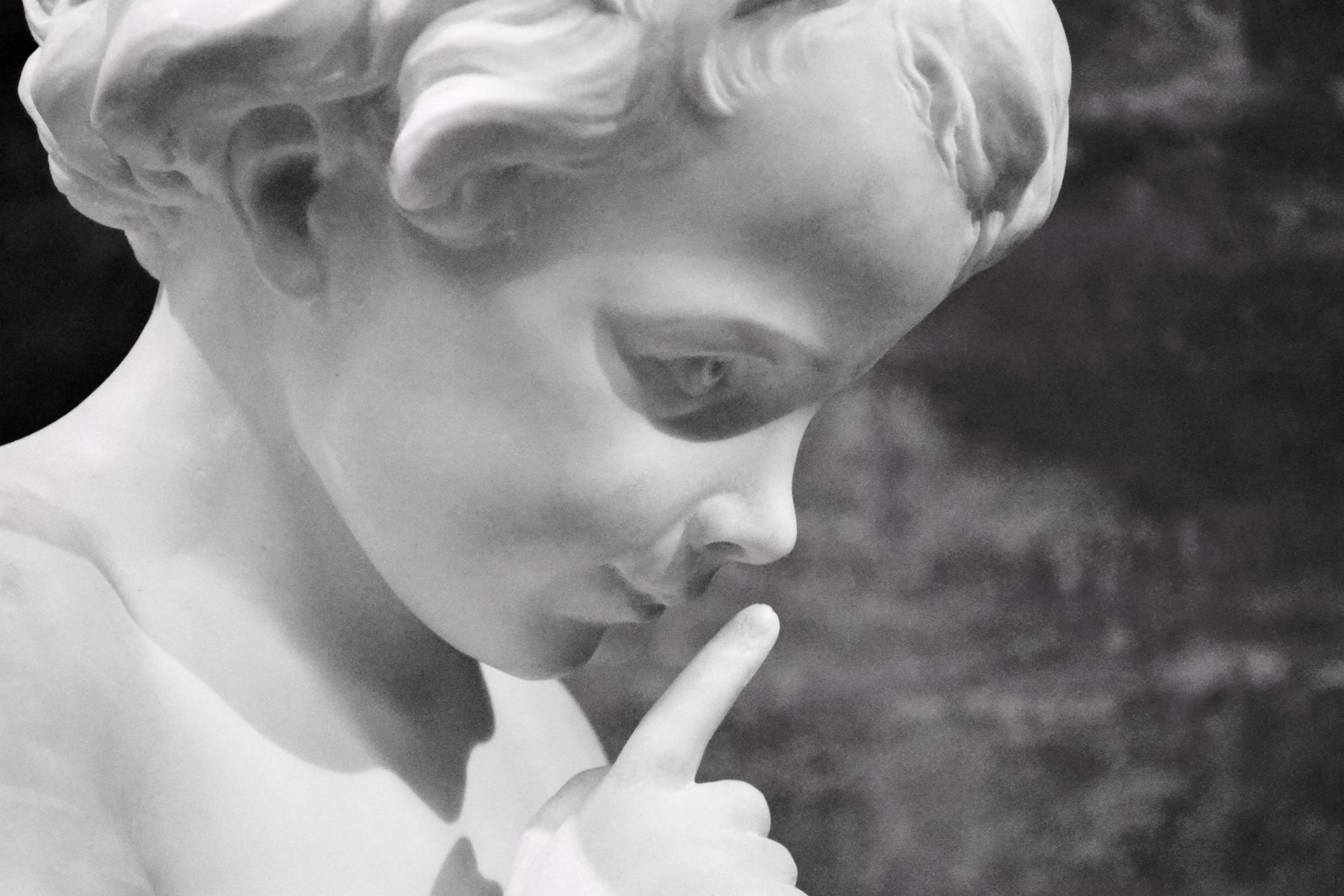
Foto: CC BY-NC-ND 2.0, Giulia van Pelt, Flickr
Parim Olluri, the executive director of the online newspaper "Insajderi", was beaten by three people in front of his apartment
(Originally published by Kosovo 2.0 )
Condemnations have poured in today (Thursday, Aug. 17) after an attack on a prominent Kosovar journalist. Parim Olluri, the executive director of the online newspaper Insajderi, was beaten last night by three people in front of his apartment.
Olluri and his fiance Genta, who was with him at the time of the attack, were taken to the University Clinical Center of Kosovo (QKUK) after the incident at around 22:00. The journalist later confirmed that he has “no serious injuries,” and that his fiance, who reportedly fainted and was suffering from shock, is feeling better.
The Association of Journalists of Kosovo (AJK) reacted by calling on state authorities to bring the perpetrators to justice as “such attacks damage in essence the freedom of expression and the media”.
The European Federation of Journalists echoed the reaction of AJK, by calling Kosovo authorities to “conduct a swift investigation into the attack of the journalist and his partner”, while Reporters Without Borders urged authorities to “shed all possible light on the attack”.
The perpetrators and the motives of the attack remain unknown, while Kosovo Police has confirmed that the case is under investigation.
Olluri’s Insajderi is well known for investigative journalism, especially reporting on corruption, while Olluri was runner up in the 2016 European Union Award for Investigative Journalism. His most recent article, published on Tuesday, was an Op-Ed on former Kosovo Liberation Army commanders who have become rich after the war by misusing their power, under the title: “If Adem Jashari were alive and a corrupt millionaire”.
Insajderi was also the media that last August began releasing a series of leaked wiretapped phone conversations that implicate senior figures within the Democratic Party of Kosovo (PDK) in corruption and the capture of state institutions through placing party militants on public boards.
Partly free media
Kosovo’s president, Hashim Thaci , who has often appeared in Olluri’s articles, issued a swift condemnation of the attack on his Facebook account, saying that “Journalists should not be discouraged by these criminal acts”.
The acting prime minister, Isa Mustafa , who last year called Insajderi cofounder Vehbi Kajtazi a “son of a bitch” following a report about his brother seeking asylum abroad, also took to Facebook to comment on the attack. “In a society where the right of public expression should be cultivated, these are low acts, unacceptable and punishable”, he wrote. “I believe very much in the efficacity of the state’s authorities to bring the perpetrators to justice”.
The OSCE in Kosovo also released a statement saying that the incident was an “attack on freedom of expression”. “Journalists should be free to state a different opinion without fear of violence or physical injury”, it read.
Based on the 2016 annual report by Freedom House, a U.S. based NGO that assesses worldwide freedom of expression, Kosovo’s journalistic landscape is “partly free”.
According to an Association of Kosovo Journalists report , between 2013 and 2016 there were 69 threats against journalists reported, as well as 39 instances of exerting pressure and 12 physical attacks.
A representative of Kosovo’s Prosecution told K2.0 that this year there have been 21 cases of various natures against journalists reported.
Olluri earlier wrote a Facebook post thanking people for their support and pledging that he will continue to do his job. “If they thought that Insajderi will stop publishing their mafia affairs, they were totally wrong”, he wrote. “They should be afraid of us journalists and not us fearing the corrupted”.
This publication has been produced within the project European Centre for Press and Media Freedom, co-funded by the European Commission. The contents of this publication are the sole responsibility of Osservatorio Balcani e Caucaso and its partners and can in no way be taken to reflect the views of the European Union. The project's page



































 To Top
To Top